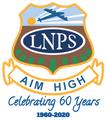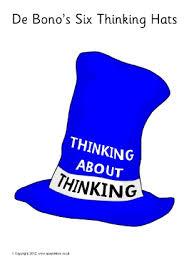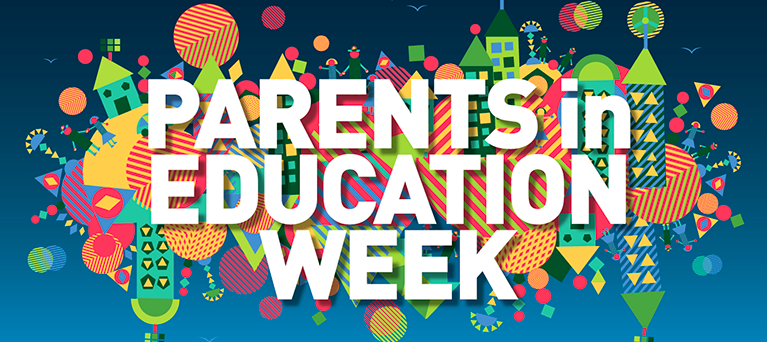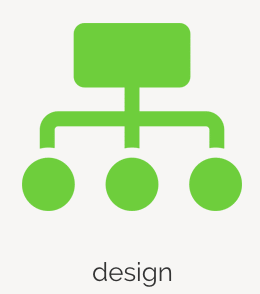Thinking @ LNPS
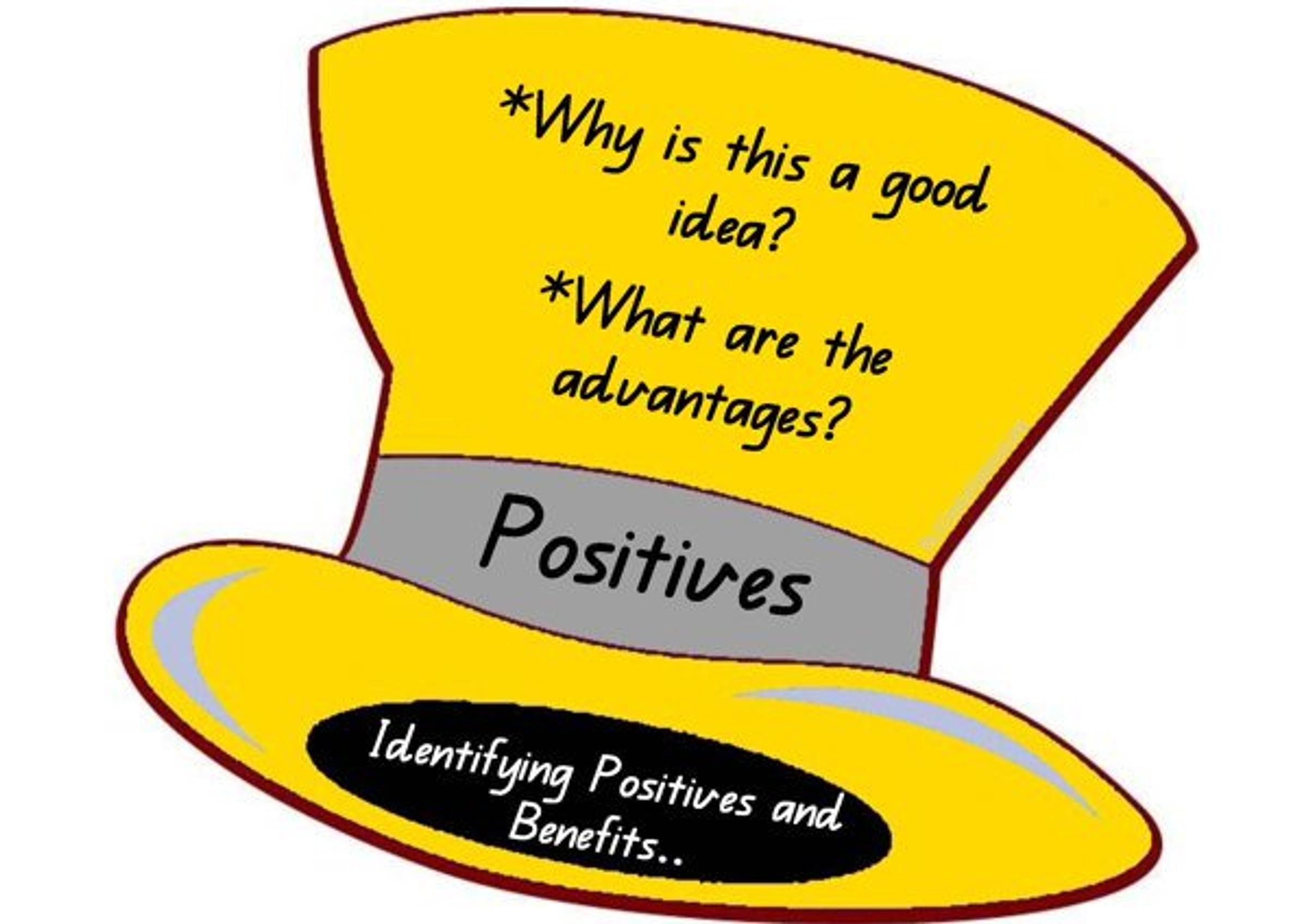
Thinking hats
The Six Thinking Hats® is a simple but powerful technique, which can be used by individuals or groups, having a dramatic impact on the situation being considered. It is simple to learn and implement and it produces immediate results.
By incorporating the principles of Parallel Thinking® it allows for collaborative, focused and directed thinking.
What are the Six Thinking Hats?
There are six imaginary thinking hats. Each hat is a different color representing a different thinking style and direction of thinking. Only one is used at a time – everyone in the group wears the same hat. This means that everyone is now thinking in parallel in the same direction. In this way there is a joint and objective exploration of a subject – every person is free to focus on doing their best to explore the subject objectively rather than just making a case.
In addition to putting on individual hats, we can use sequences of more than one hat.
Why use Six Thinking Hats?
The main difficulty of thinking is confusion. We try to do too much at once. Emotions, information, logic, hope and creativity all crowd in on us. It’s like juggling with too many balls. The Six Thinking Hats technique allows us to separate and focus our thinking to systematically and objectively explore a situation or topic from a number of angles or thinking styles.
Learning the Six Thinking Hats method is guaranteed to have a powerful impact on your thinking.
https://www.debono.com/de-bono-toolkit/six-thinking-hats/
Parents in Education (PiE) 2018
Parents in Education (PIE) Week promotes and highlights the importance of parents being engaged in their child’s learning and education from birth through school and to provide practical advice for parents on how to support their child’s learning. The theme is ' Behaviours for learning and wellbeing:skills for life. Learn how to help your child to develop behaviours to be their best'.
In 2018 PIE week will be held from Tuesday 28 to Thursday 30 August. LNPS and Lockleys Children's Centre will be hosting a range of live PIE Week sessions in the LNPS Library.
Each evening the speakers and panel guests will provide information and strategies relevant to parents/caregivers and educators of children from 0 to18 years.
Leadership and Governing Council members will be hosting the sessions and we invite parents to register using the links below. It would be great to see LNPS families at these events. Registration will fill fast so please don't hesitate.
Tuesday 28 August 2018
7pm to 8.45pm
How to live positively in a digital world
The benefits and drawbacks of children’s technology use and how to balance screen time with learning and development.
The Honourable John Gardner, Minister for Education will open the program at 7.00pm.
Keynote speakers
Linda Cranley and Genevieve Johnson
Wednesday 29 August 2018
7pm to 8.45pm
Behaviours for learning and wellbeing
Understanding the different types of behaviours that can support your child’s learning and wellbeing and how you can help them develop these.
Keynote speaker
Dr Justin Coulson
Thursday 30 August 2018
7pm to 8.45pm
No more bullying
This panel discussion will lift the curtain on bullying behaviour and help parents learn to detect and prevent bullying in their children’s lives.
Keynote speaker
Lesley Harrison, Brett Murray, and Andrew Fuller
The 6 D's
During Term 2 staff at LNPS engaged in an inspiring professional development day with Lee Wantanabe Crockett, based on solution fluency. The 6Ds of the Solution Fluency process are:
DEFINE: We must decide exactly what needs to be solved, and give proper context to the problem.
DISCOVER: This is researching and gathering, and analyzing knowledge about the problem.
DREAM: Here we open up the heart and mind to the possibilities of a solution the way we want it.
DESIGN: This is the workshopping phase. Here the actual mechanics of your solution begin to take shape.
DELIVER: This involves the action for completing the product (Produce), and presenting the proposed solution (Publish).
DEBRIEF: The reflection stage is where you look at the ways you succeeded, and ways you could improve your approach in future situations.
Each stage gives rise to contemplative guiding questions we can apply to any problem needing a solution. Here are a few basic examples:
DEFINE: What is the problem that we face?
DISCOVER: What’s causing the problem, and why do we need to solve it?
DREAM: What does the ideal solution look like?
DESIGN: How will we create our solution?
DELIVER: How will we implement our solution?
DEBRIEF: How will we know if we were successful, and what could we do differently?
https://globaldigitalcitizen.org/living-solution-fluency-process
